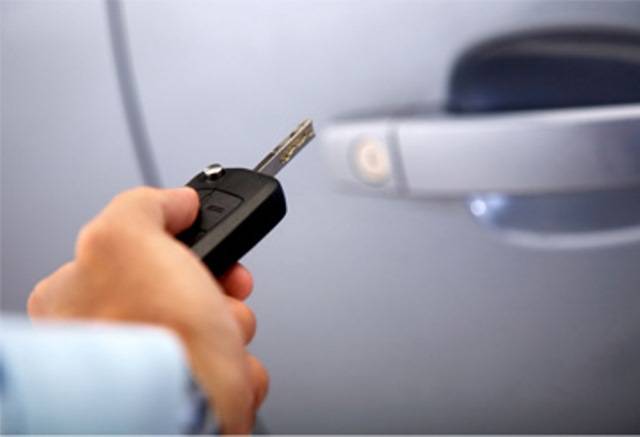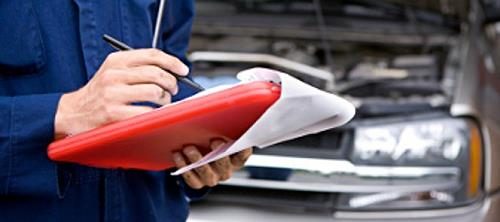Inspecting a Used Car: What you need to Know

If you are in the market for a used car, the good news is that there are typically a ton of choices out there. You can opt for the bare survivor for a pittance that usually require a fair bit of maintenance, and the lightly used one or two year old models from those that are looking to upgrade to the latest and greatest. There is a wide market for all sort of price ranges, and with all that variance creates a lot of different things you will need to verse yourself on before you can comfortably commit to buying a used vehicle.
So, before you put down on that used Citroen van, take a peek at this guide for a few helpful hints of what to look out for before you pull the trigger on that used vehicle you are wanting to buy.

Become Familiar with Online Valuation Methods
There is always going to be a sticker price, and then there is the semi-official value of the car based on the year it was manufactured, the condition it is currently in, and the model and make, of course. A big part of the homework involved is knowing its value, which can be accomplished by going to certain websites and entering in the relevant information. This will give you a good idea of why the seller is trying to blow smoke your way, or if he or she is undervaluing what you are seeing at face value (which might raise some red flags of problems they are not telling you).
Check the Car’s History of Owners and Accidents
Ideally, the used car you are looking to purchase will have fewer owners than more. That is because a single owner will have a more complete idea of what the car has gone through, and having it as a long-term, personal investment usually means that they have kept it well-maintained. By checking the Vehicle Identification Number (VIN), it is possible to go online and run a background check on it. It is usually a good indication that the car has a clean title as opposed to a salvage title; transmission problems are the last thing you will want to deal with, and will end up costing you more over the long run, so unless you are really confident about the vehicle, stay away from salvage titles.
Inspect well and Bring an Extra Pair of Professional Eyes
Learning how to inspect cars is an acquired skill; you are not going to magically have the knowledge of how to tell if the car is in good condition overnight if you do not already know something about cars. Checking the interior, body condition, suspension, tires, lights, lenses, glass, seats, pedals, sound system, roof, dashboard controls, hoses, belts, battery, radiator, fluids, and transmission require varying degrees of expertise.
Some things, like odors or leaks, may be evident from the get go, whilst low compression may require a more learned eye and specific tools to measure. If you have determined you are really interested in a vehicle, either get a super knowledgeable friend to check it out with you (and test drive it), or take it to a mechanic to get it inspected. It’s worth the extra money in the long-term.

